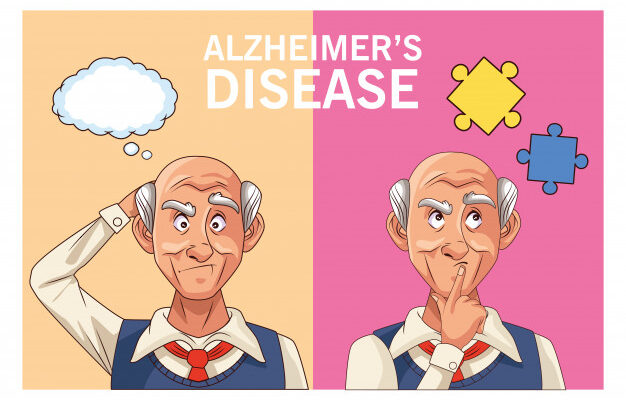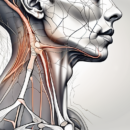IMPACTS OF CONSUMING COLD WATER ON OUR BODY

Trying to keep ourselves hydrated is important for survival, although there is some controversy about the best temperature of the water when people are drinking it. Some researchers believe that drinking chilled water can be bad for you. Consuming enough water each day is extremely important to support the functions of our body and these include digestion, metabolism, excretion, maintaining a normal body temperature, and keeping organs and tissues healthy. There are some points which helps us to decide whether drinking cold water is good or bad for us. We will also have a look at the potential risks and benefits of drinking cold water.
How Can Water Temperature Affect Our Body?
According to the Indian traditions of Ayurvedic medicine, chilled water creates an imbalance to the body and slows down the process of digestion. This results in stomach aches and even weight gain. Our body has a core temperature of approximately 98.6°F and Ayurvedic practitioners state that our body needs to expend additional energy to maintain this temperature when we intake cold water. According to the Ayurvedic tradition, cold water can dampen our body fire which fuels all the systems of our body and is also essential to health. Ayurvedic practitioners also believe that drinking warm water helps you in easing digestion and losing some calories. According to Western medicine, there is a little scientific evidence which suggests that cold water is bad for the body and digestion. Although it is well established fact that drinking a large volume of water can help the body flush out toxins, ease digestion, and prevent constipation.
Research that Supports the Above Stated Assumptions
A minor research was conducted in 2013 which investigated the effects of consuming water at various temperatures in six people who were dehydrated, following a mild exercise plan, in a hot and humid chamber. Through this study, the researchers found that altering the water temperature affects the sweating response of the participants and the quantity of water they drank. The optimal temperature of water according to the study was 16°C (60.8°F), which is the temperature of cool tap water because the participants consumed more water and sweated less. Overall, the researchers concluded that drinking water which has a temperature of 16°C might be the optimal way for rehydration in dehydrated athletes.
Suggest Some Benefits of Consuming Cold Water?
Some studies suggest that drinking cold water during workouts might improve your performance and endurance. Consuming cold water during exercise can help in keeping your body from overheating thus making your workout session more successful. This is because in taking chilled water makes it easier for your body to maintain a lower core temperature. In 2012, a study was conducted involving 45 physically fit male athletes. The research claimed that consuming cold water during exercise significantly reduce the rise in core body temperature compared with consuming room temperature water. Another study was conducted in 2014 which investigated the effects of various beverages on the cycling performance of 12 trained male athletes in a tropical climate. Although the researchers reported that consuming an icy cold beverage was way better for performance than just drinking water at a neutral temperature, but they also concluded that the athletes who achieved the tremendous performance after consuming an icy cold beverage also had a menthol aroma.
What Are the Risks of Drinking Cold Water?
Few studies suggest that people with conditions that affect the esophagus such as achalasia, should avoid drinking cold water. Achalasia is a rare condition in which swallowing of food and drink becomes extremely difficult. In 2012, a study was conducted which found that drinking cold water worsened the symptoms in people with achalasia. However, when participants drank hot water, it helped soothe and relax the esophagus, allowing the food and drink to swallow easily.
In 2001, a study was conducted involving 669 women which suggested that drinking cold water might be the reason of severe headaches in some people. The researchers reported that 7.6 percent of participants experienced a headache after drinking 150 milliliters of icy chilled water with a straw. They also found that participants with active migraine were twice as likely to get a headache after drinking cold water in comparison to those who never had a migraine. Ayurvedic medicine also warns us against consuming chilled water at any time as cold water solidifies fats after a meal thus making it difficult to break down the unwanted fats in our body resulting in fat deposition and weight gain.
Some studies have also shown that cold water may play a vital role in decreasing your heart rate. Consuming ice water stimulates the vagus nerve. It is the tenth cranial nerve and is a significant part of the body’s autonomous nervous system as it mediates the lowering of heart rate. When you are drinking cold water, the low temperature of water starts stimulation of the vagus nerve and cause the heart rate to drop.It is also advised not to consume chilled water just after a workout. When you work out, a huge of amount heat is generated, and if you drink ice-cold water just after, the difference of temperatures may take a toll on your digestive tract giving you a severe stomachache.
Drinking chilled water also led to constipation. The reason is when you consume chilled water, the food solidifies while passing through the body and as a result your intestines contract causing constipation. Some people also claim that drinking cold drinks and foods can cause a sore throat. But unfortunately, we do not possess any scientific evidence to support this claim. These were some of the reasons which showed that drinking cold water has more bad impacts on our body as compared to the good ones. But this does not imply that you should stop drinking water as it will cause more harm than good. Finally, to save ourselves from the above-mentioned harms we should consume water that is at room temperature so that we can live a long, healthy, and independent life.















